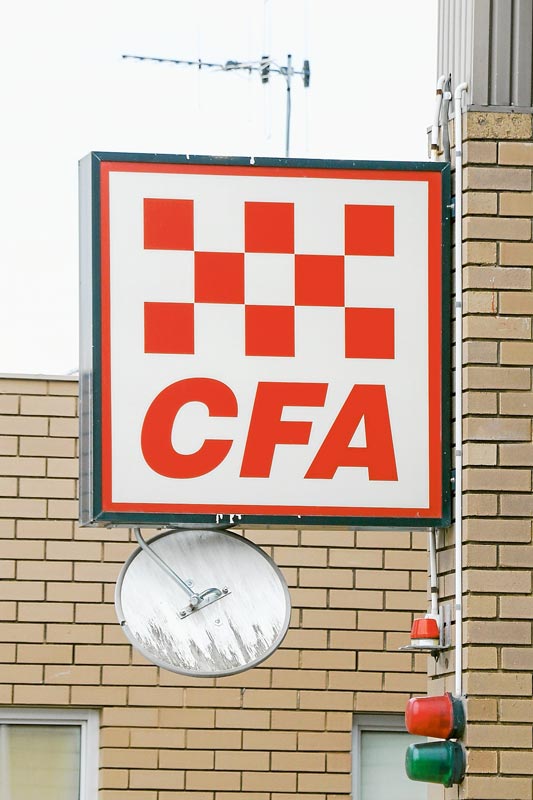

The past week has seen the Country Fire Authority (CFA) undergo a massive reform at the top with the formation of Fire Rescue Victoria (FRV) made up of career CFA firefighters and the Metropolitan Fire Brigade.
The new professionals-only agency will run metropolitan fire services, replacing the Metropolitan Fire Brigade. It will take control of the 38 professional CFA brigades at ‘integrated’ stations that are currently shared by the professional CFA firefighters and CFA volunteers.
Local Member for Northern Victoria, Wendy Lovell is supporting a declaration by the Leader of the Opposition to rebuild and restore the CFA as a volunteer service on regaining power at the next election.
“The Liberal Party knows that Victorian communities want the CFA reinstated and only a Liberal Government will deliver that peace of mind not only to those who rely on them, but the thousands of volunteers who put their lives on the line each day,” said Ms Lovell.
In contrast, while testifying at the Bushfire Royal Commission, former fire commissioner, Fire and Rescue, NSW, Greg Mullins said, “I’ve been watching the enemy for 50 years now, and the enemy is geared up…the enemy being climate change and how that’s affecting natural disasters and fires.
ey’ve suddenly got nuclear weapons, and we are trying to deal with that using conventional forces. We need a step-change in how we coordinate the insufficient resources we have, to deal with this threat.”
Providing state personnel to support local volunteers in bushfire-affected communities; stronger national coordination of emergency management responses; and ongoing support for strategic bushfire research were amongst the solutions outlined.
Peter Dunn, former commissioner, ACT Emergency Services Authority, called for a nationally designed program to provide full-time support personnel to local, volunteer-led recovery efforts in extreme-weather-affected communities, and for this program to be delivered through state governments.
Lee Johnson, former Commissioner, Queensland Fire and Emergency Services, suggested that as climate change fuels more severe extreme weather, emergency services need to operate in a more military-like manner.
While changes are happening at the top as the career firefighter’s transition to FRV, captain of the Rushworth CFA, Mark Jones said, “We are not seeing any difference at our level.”
Climate change is exposing the operational limits of current firefighting efforts and forcing a step-change in how Australia responds to more frequent and severe extreme weather events.
The question is, do we now develop fire response on a more professional level or stay with a volunteer brigade who have protecting their communities for the past 75 years?





